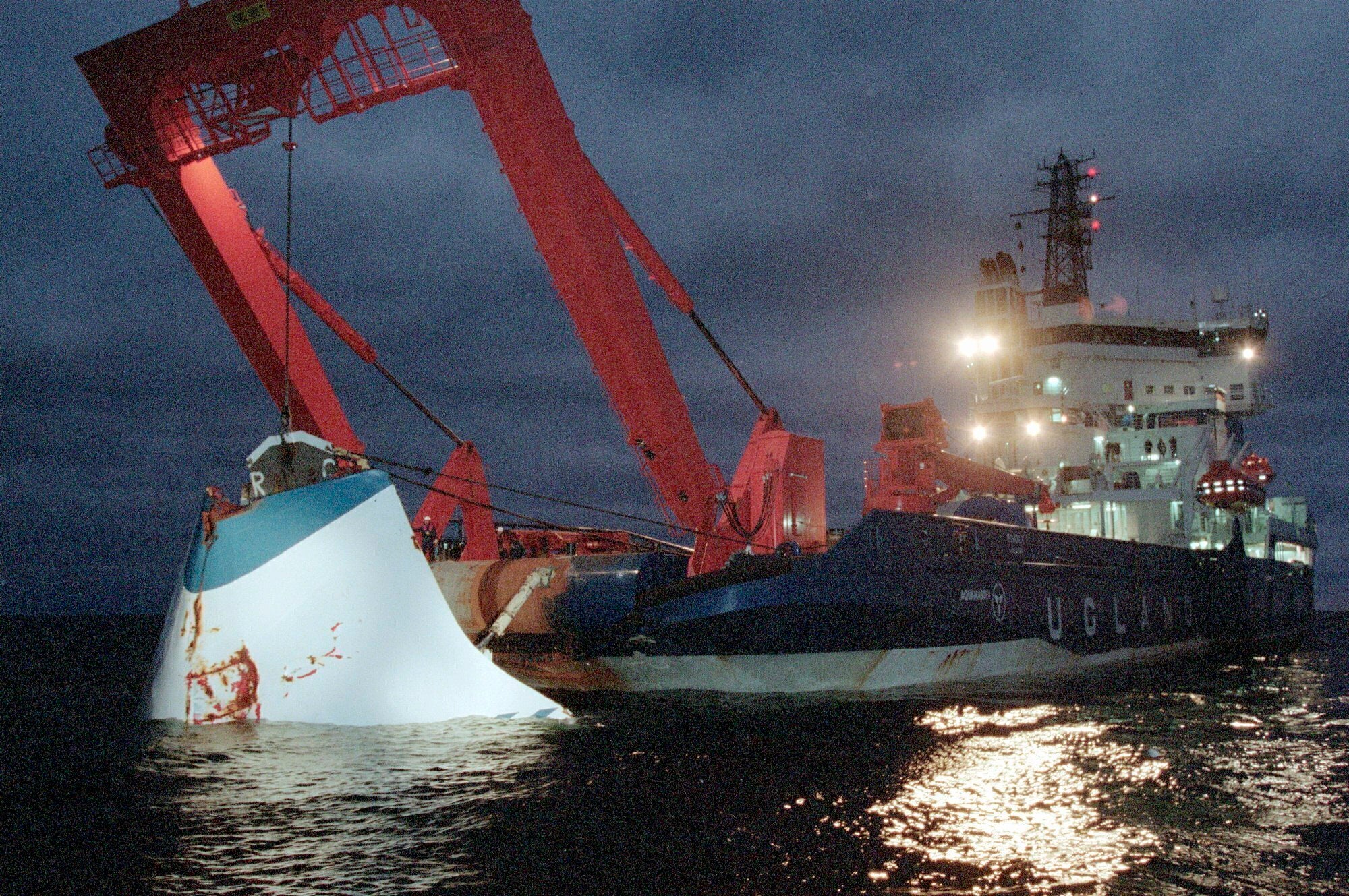Sweden won’t reopen an investigation into Europe’s deadliest sea disasters that killed 852
Swedish authorities say they will not reopen an investigation into a 1994 ferry sinking in the Baltic Sea that killed 852 people in one of Europe’s deadliest peacetime sea disasters

Your support helps us to tell the story
From reproductive rights to climate change to Big Tech, The Independent is on the ground when the story is developing. Whether it's investigating the financials of Elon Musk's pro-Trump PAC or producing our latest documentary, 'The A Word', which shines a light on the American women fighting for reproductive rights, we know how important it is to parse out the facts from the messaging.
At such a critical moment in US history, we need reporters on the ground. Your donation allows us to keep sending journalists to speak to both sides of the story.
The Independent is trusted by Americans across the entire political spectrum. And unlike many other quality news outlets, we choose not to lock Americans out of our reporting and analysis with paywalls. We believe quality journalism should be available to everyone, paid for by those who can afford it.
Your support makes all the difference.Sweden won't reopen an investigation into a 1994 ferry sinking in the Baltic Sea that killed 852 people in one of Europe’s deadliest peacetime sea disasters, after investigators in Estonia, Finland and Sweden found no indication of a collision or an explosion, the prosecutor said Thursday.
A TV documentary aired in 2020 showed a hole in the hull of the wreckage of the M/S Estonia, leading to calls for a new investigation.
“There is nothing to indicate that there would have been a collision with a ship or a floating object, nor any explosion in the bow,” prosecutor Karolina Wieslander said in a statement.
She said that most recent investigations by Estonian authorities with the assistance of Finland and Sweden did not mean that “anything else has come to light that gives reason to assume that a crime has been committed.”
The M/S Estonia sank in heavy seas on Sept. 28, 1994, killing 852 people, most of them Swedes and Estonians. The ferry was on its way from Estonia’s capital, Tallinn, to Stockholm when it sank about 30 minutes after an initial distress call. Only 137 people on board survived.
In 1997, Sweden, Estonia and Finland concluded in a report that the ferry sank after the bow door locks failed in a storm. The report flatly rejected the theory of a hole, which has long been the focus of speculation about a possible explosion on board, or collision with another vessel.
In 1995, the three countries agreed that the wreck is considered as a final place of rest for victims of the disaster, and must be respected. Some 758 bodies remain entombed on the car ferry, which rests 80 meters (265 feet) underwater.